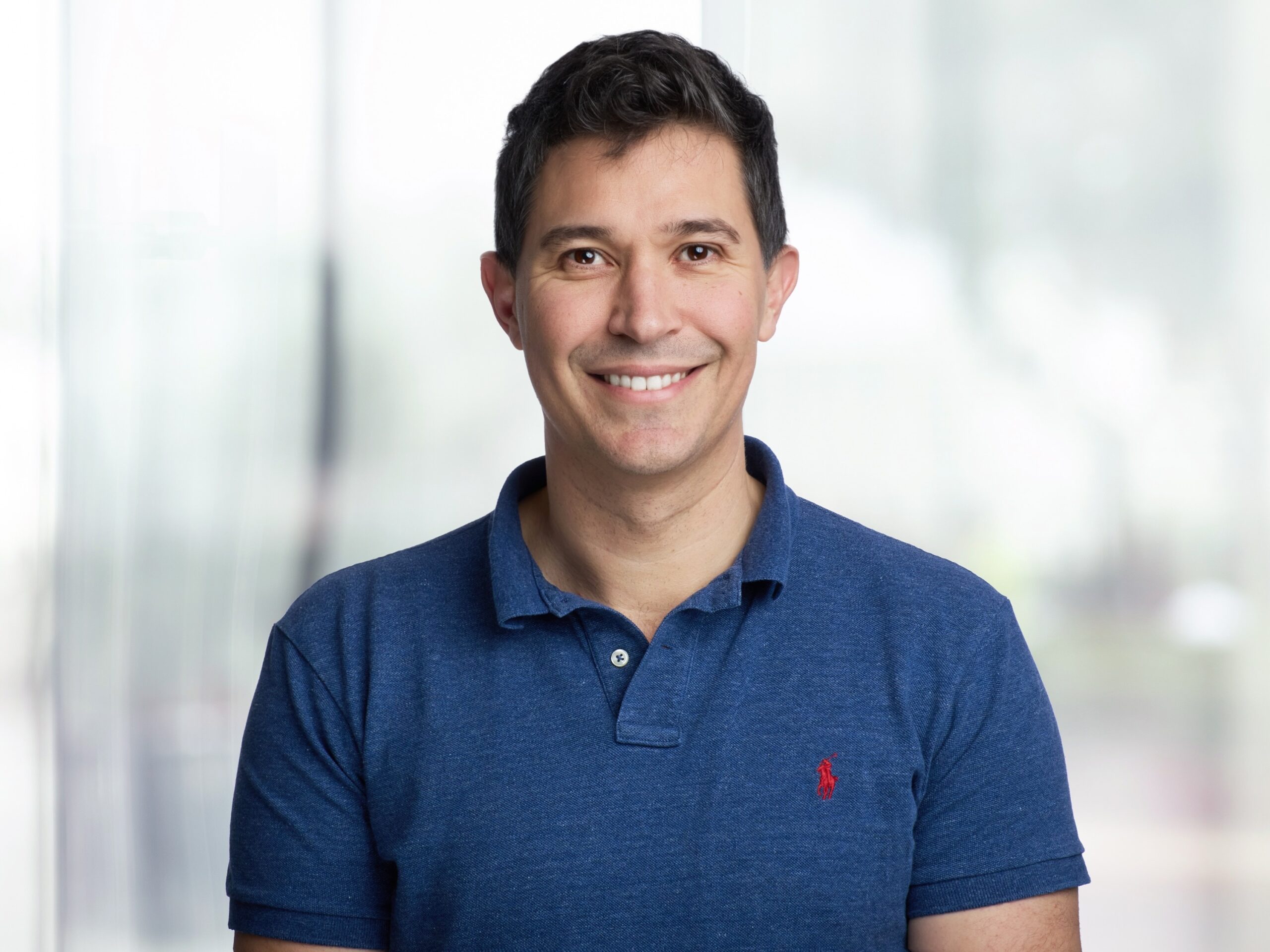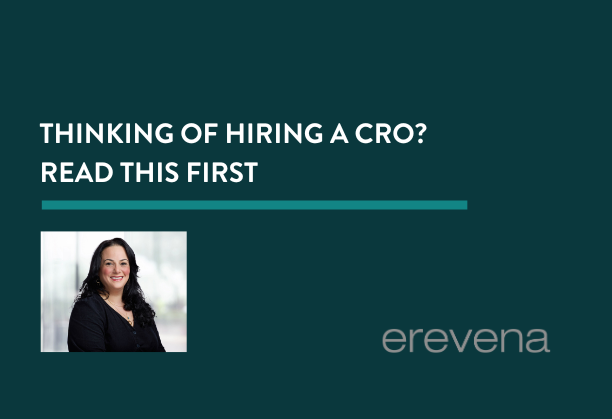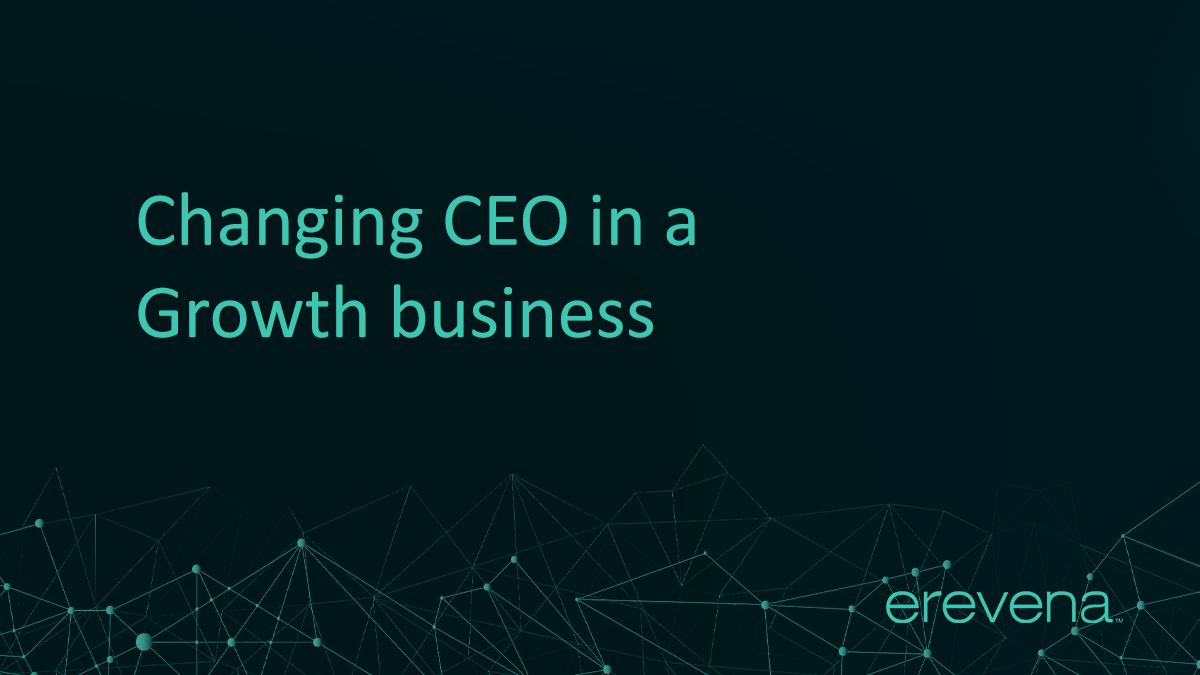Strategic advisors to the future
Dan Hyde doesn’t fear the march of automation in executive search. In fact, he welcomes it. Dan is CEO and co-founder of executive search firm Erevena, a business with a clear focus on clients with high growth ambitions. These are typically venture capital (VC)-backed companies, to which Erevena brings an understanding of the top talent needed to enable their success.
It’s an exciting, fast-moving world in which to play a crucial role as a strategic advisor. “Yes, we see ourselves as advisors, as well as recruiters,” he notes. This is a key differentiator for Dan, as he explains: “From the late 1980s onwards, there was a move towards commoditisation in both the search and professional services industries.
“This took the search industry away from its early days when consulting firms were in the business of helping American companies globalize. They knew more about internationalisation than their US-based clients, so established advisory positions that grew into what we know as executive search. Nowadays, however, executive search is more often just commoditised senior recruitment, with engagements sold on robust, (mechanical) processes, or some sort of quasi compliance. This is not what we believe to be true executive search.”
Adding value through knowledge
He continues: “While we are keen to use automation to remove some of the more tedious entry-level tasks that a researcher might undertake, we also believe that, to remain relevant, executive search firms must help shape a client’s requirement in a positive way. How? By enabling and empowering search teams with the industry knowledge that the client genuinely needs. Providing a true advisory service is the key to enduring the seismic shift wrought by automation. Without this deep knowledge and market specialisation, you won’t be around in 20 years’ time. The alternative to a knowledge-based approach is that the ‘value’ you bring will be delivered by robots.”
Automated search and process commoditisation has also seen the rise of internal search teams. Dan says that in more established industries, where there’s a good understanding of talent requirements, it’s easy to see why external strategic advice isn’t sought. His firm is happy to leave such search to internal teams and has self-selected markets where its advisory strengths add real value.
“We focus on architecting solutions to complex problems, frequently with clients who have never been involved with executive search before,” he says. “That’s because they’re often start-ups, perhaps software ventures bringing a new and disruptive product to the market. Whether it’s a high-growth company that needs to build a scalable executive team, or an analogue business trying to transform or survive, we exist to help our clients solve these problems with the right leadership.”
It is perhaps no surprise that Dan and his co-founder Jon Irvine, the firm’s COO, have tended to focus on these disruptive market players. After all, they set out on their executive search journey with an ambition to use the proceeds of their search engagements to fund software ventures of their own. As the business grew, however, so did their belief in the huge value that executive search can bring to fast-changing markets.
A 10-year lens
They began recognising patterns in terms of the skillsets needed to solve nascent problems. This insight has added another dimension to their role as strategic advisors, as Dan explains: “Venture capital involvement in technologies that disrupt particular industries gives us a 10-year lens into the future. We’re finding that larger, more established companies are now asking us for advice on how to change the direction of their talent acquisition in light of this new technology. They know that they’ll need different experience sets in the future and we’re working with them to help shape their requirements.”
Of course, being an advisory firm demands a level of confidence (as well as market knowledge) on the part of the advisors. It’s the only way you can be seen as an equal by your client, asserts Dan. This shapes Erevena’s own approach to recruitment. “We look to hire people who really want to invest in their knowledge and who have the confidence to hold business discussions with clients, even when it means losing the search. We have some amazingly capable people here and we need to tell the world about them. This will be important for us going forward as we look to grow our business.”
Achieving this growth has seen Dan and Jon embark on an interesting leadership journey. “We knew we were great headhunters,” Dan smiles, “but we also thought we were great managers. That all changed when an executive coach came in to advise us a few years ago. After two days’ observing how we worked, he told us we ‘could be’ natural managers, but only if we did the opposite of every gut instinct we had!”
An obsession for feedback
While Dan laughs at this today, it’s clear that nurturing talent is important to the firm’s leadership and management style. “We know that if we want to scale, we must commit to our people. We focus on giving everyone the level of support that allows them to develop at a pace they are comfortable with. We also want our people to take accountability for their own journeys through search, rather than being a prescriptive employer.
“We’re as transparent as possible and are obsessive about feedback – both from each other and from our clients. For example, I publish my own 360˚ feedback internally. I want to know if there’s something I can improve. It’s about identifying the trends that the feedback reveals, both internally and externally.”
This open approach clearly works. The firm has a low employee attrition rate and Dan says their people know they have their best interests at heart. The management style also reflects the four company values: advisory, relevant, collaborative and honest. “Everyone has a voice here,” he adds. “We care about what matters to them. We even had our first Erevena wedding last year.”
The firm’s ownership model is another characteristic of Dan and Jon’s approach to business. They have an employee ownership model, which Dan describes as a ‘diversified long-term incentive’. They also retain their early interest in software companies, albeit as investors. “From our margins, we invest in a number of Venture firms and early stage companies, distributing any profits via shareholding.” He believes that this model gives the firm’s employees a better perspective on the VC market with which they work, increasing their self-confidence with clients.
The supply and demand conundrum
Dan ponders on the challenges of supply and demand in executive search. “How do we make it easier for Clients to work out if the problem they have is something we can help with?” In Silicon Valley this has been about hyper specialisation around function. In our case it’s about building a number of practices that are extremely focussed on what they do and building a narrative that knits those practice areas together.
“On the supply side, we are confident that we have a platform that can scale as our business grows. It’s about developing processes, systems and hiring people that knit into our values and culture.
Something the large, global firms do well is capture and manage demand. The brands that these business’ have built over 70 years are difficult for smaller firms to compete with. Our job is to use modern technology and marketing techniques to try and compete on a more equal footing. We are being thoughtful around how we achieve this, it’s very much a work in progress!”
Dan Hyde … on the spot
Describe your business style
Advisory, resilient, collaborative and honest – our four company values.
What’s been your toughest business decision?
Letting people go is always really hard. Our business has changed dramatically over the last five years and, despite our low churn rate, working here hasn’t suited everyone as we’ve evolved.
What’s your best piece of business advice?
Being a great practitioner, doesn’t necessarily make you a great manager. If you want to grow a company, you have to learn and invest in becoming a better manager and leader of people.
Describe your biggest achievement in business
Our team. They are awesome!
What keeps you awake at night?
Other than my kids, very little. In fact, I sleep better the more pressure I’m under!
What gets you out of bed in the morning?
It’s knowing that we enable our people to achieve their life goals, whether that’s buying their first house, paying off their mortgage, or putting their children through school. They are great people, and this makes me want to work harder.
Where would you like to be in five- or ten-years’ time?
We will be bigger than we are now. We will still be working with growth companies and able to scale our own business in tandem with their growth.
What would you be doing if you weren’t in executive search?
Probably something in software; it’s an industry I feel a part of.
Share this article:













